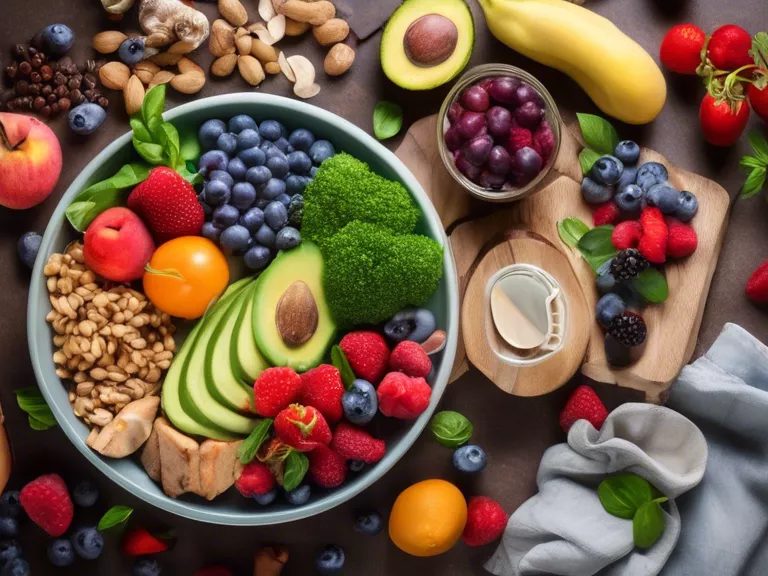
Nutrition plays a vital role in our overall health and energy levels. Designing a balanced meal plan can help ensure that you are getting the necessary nutrients to fuel your body and keep you feeling your best. Here are some tips on how to create a meal plan that promotes optimal health and energy.
Start with a Variety of Foods: Incorporate a wide range of food groups into your meal plan to ensure that you are getting a diverse array of nutrients. Include plenty of fruits, vegetables, whole grains, lean proteins, and healthy fats in your meals.
Focus on Nutrient-Dense Foods: Choose foods that are rich in nutrients and provide you with sustained energy throughout the day. Opt for whole foods like fruits, vegetables, nuts, seeds, and lean proteins rather than processed or fast foods.
Include Protein with Every Meal: Protein is essential for building and repairing tissues in the body and keeping you feeling full and satisfied. Include sources of lean protein such as chicken, fish, tofu, lentils, and beans in each of your meals.
Don't Forget About Carbohydrates: Carbohydrates are your body's main source of energy, so it's important to include them in your meal plan. Choose complex carbohydrates like whole grains, fruits, and vegetables over simple carbs like sugar and white flour.
Stay Hydrated: Proper hydration is key to optimal health and energy levels. Make sure to drink plenty of water throughout the day and include hydrating foods like fruits and vegetables in your meals.
By following these tips and creating a meal plan that is balanced and nutrient-dense, you can support your overall health and energy levels. Listen to your body's hunger and fullness cues, and make adjustments to your meal plan as needed to ensure that you are feeling your best.



